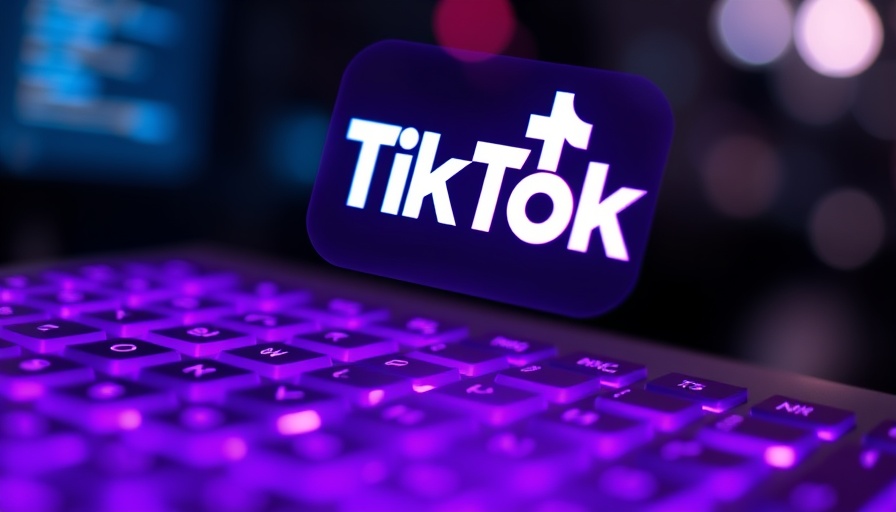
Meta's Innovative Leap into Smart Glasses with Oakley
This week, Meta unveiled its collaboration with Oakley, presenting a new frontier in wearable technology. The Oakley smart glasses are equipped with capabilities that allow users to record 3K video, stream music, make and receive calls, and interact with Meta’s AI system. Starting at $399, these smart specs boast an impressive battery life, claiming double the longevity of earlier models such as the Ray-Ban smart glasses. Excitingly, a limited-edition model, the Oakley Meta HSTN, will hit shelves on July 11 for $499, catering to tech enthusiasts eager to explore this cutting-edge gadget.
Why Smart Glasses Matter: A Look at Emerging Tech Trends
The launch of Meta’s Oakley smart glasses aligns with an ongoing shift in the tech landscape. Wearable technology is transforming the way we interact with the world—bridging the gap between digital experiences and everyday life. With features like augmented reality integrations, these devices signal the beginning of the next generation of personal tech. This momentum is bound to influence future technology developments and possibly reshape how we consume content visually.
A Sneak Peek into the Future of Wearable Technology
As society increasingly leans into a tech-driven lifestyle, the emergence of sophisticated devices like smart glasses will only become more prominent. Predictions suggest that the next big tech trends will revolve around further integration of AI within everyday life, pushing the boundaries of functionality and convenience. By anticipating trends like AI-powered interfaces and enhanced AR features in future models, consumers can prepare for a digital ecosystem where wearables dominate.
What This Means for Tech and Healthcare Industries
Beyond personal use, smart tech like the Oakley glasses has potential applications in various sectors, including healthcare. As technologies like AI-driven health solutions and telemedicine advance, they may converge with wearable tech, creating robust tools for medical professionals. This intertwining of industries indicates a holistic approach to tech innovations, emphasizing both personal convenience and societal advancement.
The Risks and Challenges Ahead
While the allure of innovation is strong, the rise of wearable technology also brings concerns regarding data privacy. Consumers must remain vigilant about personal data security and understand how these devices handle sensitive information. As companies dive deeper into integrating artificial intelligence with wearables, ensuring robust data protection will be paramount in maintaining user trust.
Conclusion: Embrace the Future of Wearable Tech
The introduction of Meta's Oakley smart glasses highlights a pivotal moment in technology’s evolution—a move towards not just functional devices but powerful personal assistants that enhance our daily lives. As these innovations unfold, staying informed will empower consumers to make smart choices in a rapidly changing tech landscape. Prepare for a world where technology doesn't just accompany you—it actively enhances your experiences.
 Add Row
Add Row  Add
Add 




Write A Comment